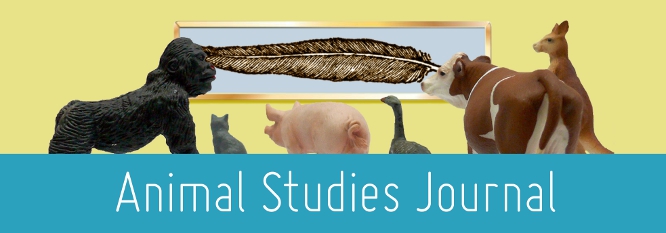Home > assh > ASJ > Vol. 12 (2023) > No. 2

Abstract
Despite mounting critiques, extinction continues to be framed as a unidirectional problem where humans, through acts of negligence and intent, lead nonhuman species to their demise. In addition to universalizing the actors and processes involved, unidirectional approaches overlook the ways nonhuman beings participate in the extinction of others and the ways extinction continues to impact multispecies communities long after the violent event or the death of an endling. With its focus on how nonhuman animals experience and navigate violence, the field of critical animal studies can illustrate how nonhuman animals contribute to extinction events and how extinction unfolds across distinct groups over extended temporal periods. Placing critical animal studies in conversation with species loss, this article takes up the longleaf pine forests of the US South, an ecological community that was once among the largest in the world and is now among the most endangered. I consider how late-nineteenth and earlytwentieth century naval stores and logging operations used animal labour and the logics of animality to extract longleaf pine and its products. Animal-dependent industries like turpentining and logging, I argue, were part of what John Levi Barnard calls an ‘extinctionproducing economy’. Looking at the labour of oxen, mules, and horses, together with the Black and immigrant labourers tasked with providing their care, I ask how animals and their human caretakers become caught up in the wider deaths of others. Acknowledging that the absences resulting from species loss extend beyond the historical events and timeframes that produced them, I then examine how subsequent generations of humans and nonhumans have inherited the loss of longleaf forests. Turning to Janisse Ray’s memoirs Ecology of a Cracker Childhood and Wild Card Quilt: The Ecology of Home, I consider her family’s involvement in eradicating longleaf forests and how this loss continues to be experienced.
Recommended Citation
Otjen, Nathaniel, Economies of Extinction: Animals, Labour, and Inheritance in the Longleaf Pine Forests of the US South, Animal Studies Journal, 12(2), 2023, 14-40.Available at:https://ro.uow.edu.au/asj/vol12/iss2/3
Included in
African American Studies Commons, American Literature Commons, Animal Studies Commons, Cultural History Commons, English Language and Literature Commons, Environmental Studies Commons, Forest Management Commons, History of Science, Technology, and Medicine Commons, Labor Economics Commons, Labor History Commons, Nature and Society Relations Commons, United States History Commons

